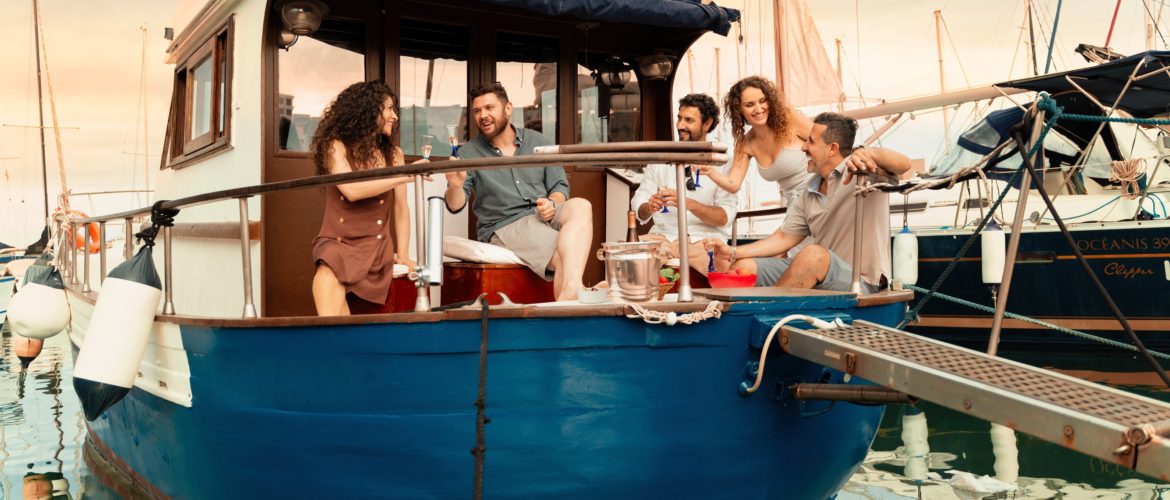3 Principles for Responsible Personal Boat Ownership

Boats come in all sizes and shapes, and with various purposes. The most common one, which has been in use for thousands of years, is a humble rowboat. Even now, those who go fishing, enjoy a local trip on the lake, or take their partners for slow, romantic experiences on the water use such an invention. At the top level, we, of course, have multi-story yachts and cruise ships that can cost hundreds of millions of dollars.
The humble sea-goer who wants to stop renting boats and begin owning one may find the idea intoxicating. Learning the maritime law, purchasing a nice vessel, having it docked in the right place, and heading out onto the water as and when you hope to is a wonderful thing. However, it requires hard work, dedication, and thoughtful preparation to ensure safety and responsible ownership.
In this post, then, we’ll get you started by pointing would-be boat owners in the right direction. This isn’t exhaustive, but it should help.
Choosing the Right Vessel
Before you get too excited about being on the water, you’ve got to find the right boat for you. Note that the right boat for you isn’t necessarily the one you’re being recommended, and thinking about what you’ll use it for is the best place to start. For example, if it’s just for leisurely trips on the lake with the family, you probably won’t need a huge motor or a large cabin.
You’ll want to consider your budget too, not just for the purchase but also for insurance, docking fees, and upkeep. Taking your time to find a boat that fits your lifestyle and your financial situation is the best way to ensure you’ll have a good time out on the water without a lot of extra stress or impossible to keep up with maintenance costs.
Understanding The Rules
Owning a boat means you’re responsible for a lot more than just yourself and your passengers. There are many maritime rules you need to know, such as learning how to signal, communicate via radio, check weather reports, and anchor in approved areas, so you’ll want to get familiar with all the maritime laws and limitations in your area. Some examples will include licensing requirements, safety equipment you must have on board, and navigation rules for when you’re out on the water. It’s not a very exciting part of boat ownership, but knowing the regulations is essential for everyone’s safety, and it can save you from a lot of trouble with the authorities down the line. Of course, they can save your life countless times over, as a bad boating trip can, unfortunately, turn fatal if you’re not careful.
Learning Basic Maintenance
A boat is a complex machine, and a responsible owner will know a little something about how to care for it, especially when it comes to the engine. Learning some basic maintenance can save you a ton of money and possibly prevent you from being stranded out on the water, which the coast guard will save you from, but it’s embarrassing and wastes their time. They’re not a safety crutch for bad planning.
As such, you’ll want to learn how to check the oil, replace the fuel filter, and perhaps even understand more complex components like a Cummins cylinder head if that’s the kind of engine you have. Become obsessed with your model and how it operates, and you’ll be safer on the water and more responsible, too.
With this advice, you’ll no doubt nail your boat ownership experience.
